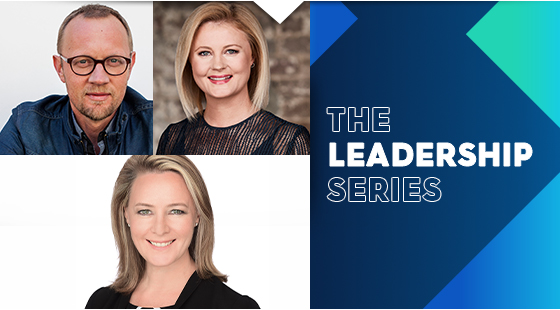Brands with ‘empty platitudes’ won’t win, says new Arnott’s CMO

Brands with ‘empty platitudes’ won’t win, says new Arnott’s CMO

Brands need to back up their marketing promises with action for customers or risk falling short, a veteran FMCG marketer warns, saying brands that are trying to solve customer problems will come out of COVID-19 with more market share.
Speaking on Reset Now, an initiative between the Australian Association of National Advertisers (AANA), Nine and Mi3 for marketers to share their experience and evolving strategies as they manage the COVID-19 crisis, plan for the recovery, and see how deep consumer mindsets and behaviour might shift, Jenni Dill, the newly appointed chief marketing officer for Arnott’s, says “empty platitudes” from brands have been rife during COVID-19.
Dill is set to join Arnott’s in July and was previously the former marketing officer for McDonald’s Australia and also worked for PepsiCo.
Speaking to Reset Now prior to her appointment at Arnott’s, Dill says: “People are telling me they’re here for me and we’re all in this together, and they all look and feel the same and they’re just not connecting – because I don’t know what they’re doing for me.”
“I don’t know how they’re solving a problem for me. They’re just talking at me in the TV and it feels like it’s falling a little bit short. Brands that are literally trying to solve problems and make consumers’ lives easier in these times are doing really well and they’ll come out of it with more market share and a strong brand and a better business model for it.”
Dill’s comments come a week after Kia General Manager of Marketing, Dean Norbiato, told Reset Now he believes many consumers have misattributed “we’re here for you” style messaging because many brands jumped into the territory in the early weeks of the COVID-19 pandemic in Australia.
Dill, however, is full of praise for brands using creativity to drive their businesses into new areas as industries react to restrictions and changing environments because of COVID-19.
“It’s about being creative when it comes to new business models and new ways of working, and the agility we’ve seen,” she says. “Some of my local businesses have been forced to pivot really quickly to a delivery model or a takeaway model, whether you’re a restaurant or a café or a bar. They’ve done it overnight and they’ve done it with tech that makes it pretty cool.
“There’s a lot of good things going on out there literally at the grassroots, and those businesses should be celebrated, applauded and supported.
“I think a lot of big businesses have been forced to take a long hard look at some of their forward plans and put them on ice or completely rethink them in the current environment. A lot of traditional bricks and mortar retailers have had to pivot very quickly to the delivery and takeaway businesses and click and collect. It’s been phenomenal to see how quickly that’s happened with some successful businesses.”
For marketers, Dill says COVID-19 presents a “true test” of their ability to “work through a business that’s in decline or a brand that’s in decline and turn things around”.
“It forces you to rethink everything, it forces you to focus on the stuff that matters most, and it forces you to do things differently if you want to succeed.”
Looking to the future, Dill is hopeful that client-side marketing will invest more in the development of its people.
“We need to build – the market is for the future, whether it’s using new tech platforms or new skillsets or new ways of thinking. We’ve got to invest as an industry in smarter, sharper marketers that can drive meaningful business results,” she says.
“And for me, working on the client-side in marketing roles, if you can’t prove your business results of your marketing, then you’re going to be constantly challenged, time and time again. You’ll be challenged on every budget and every decision you make.
“As soon as you can demonstrate those really strong commercial links to what you’re doing as a marketer and the business results, everything gets a lot easier, and every conversation with a CEO or a board or a CFO. It helps build positivity for marketing and further investment down the track.”
To do this, Dill stresses the need for marketers to avoid jargon and talk “in the language of business”.
“You’ve got to be talking about how investing in this brand campaign or this new product launch or this media spend or sponsorship is going to drive a real business result that’s going to impact profit and loss, market share, top-line revenue growth, and will help you reduce costs by shaping the way customers interact with your business.
“Whether you’re moving things more online and more digital, you’ve got to be able to speak the language of business boards and CEOs to be successful. You’ve got to be able to speak the language of marketing to your agencies, your teams. It is being able to shift gears between those two languages and communicate effectively with your key stakeholders.”






